Focus Africa
Jwaneng mine is Botswana’s economic pulse. Located about 120 kilometres from the capital Gaborone, the open- pit mine is the richest in the world by value.
Nicknamed the “Prince of Mines”, monstrous trucks that operate in the mine extract Kimberlite from its depth, which is processed into rough diamonds. Its production output is about 12 million carats per year.
Revenues from Botswana’s diamond sector have significantly transformed the economy over the years.
Botswana’s government agreement with global mining giant De Beers has seen the country avoid the “resource curse” as operations are 50 percent owned by the government through its parastatal Debswana.
“We have been in the Botswana government just after independence and it’s a tremendous success story where you can see a commercial entity come together to develop the resource in the country the way it works for both of them. So it’s been a great story and we regard the Botswana government and the people of Bostwana as a major partner,” said Bruce Cleaver, Group CEO, De Beers.
The relationship has propelled Botswana to an upper middle income-country and one of wealthiest in Africa.
GDP per capita growth in the Southern Africa country of 2.6 million people stands at almost 6 percent per annum.
Even with all its success, Botswana has embarked on economic diversification in order to open the country further for business.
Additionally, with the slump in global commodity prices, Botswana realizes that perhaps its diamonds are not forever. Through the Botswana Development Corporation, a government entity which provides assistance to investors, the country is going further a field to collaborate with other African economies.
“I think we have a mandate to expand in the rest of Africa, so at the moment we are looking at projects as far field as Ghana, Kenya and Nigeria,” said the Managing Director, Bashi Gaetsaloe
Apart from building its financial, agricultural and service industry , Botswana is keenly looking to grow its ICT sector. Already, the construction of an innovation park is underway. At an estimated cost of 94 million dollars, the hub will be the vehicle to drive Botswana’s infant ICT sector. The CEO Alan Boshwaen is betting on the project.
“This facility that we are putting up will be a critical catalyst. In that people will be able to network together,get access to specialised services in the building, new ventures such as a new data centre will open up in the periphery building. New private sector developers will also come forward.”
Despite being land locked, the government of Botswana has an ambitious plan which it expects will define the long term economic aspirations of the country, in order to position Botswana as the economic hub in the southern Africa region, as Neo Moroka, the Chairman of the Presidential task team charged with driving Botswana vision 2036 explains.
“We should not regard as our selves as a land-locked country, but we are land linked. We are linked to South Africa in the east and south, Namibia to the west, we are linked to Angola, Zambia and Zimbabwe and other countries to the north, so that is really the whole concept of being land-linked. From this concept we believe that we are well positioned to move from north,east, west and south in terms of our product exportation.”


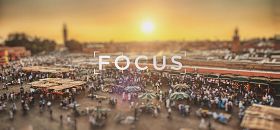

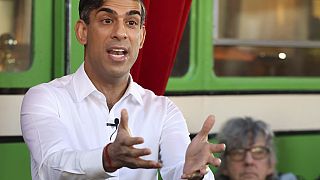
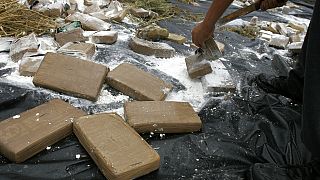
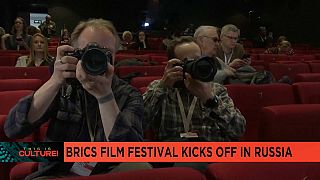
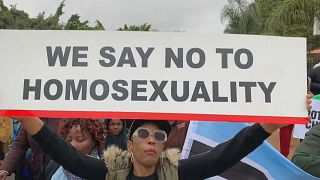

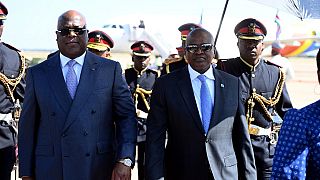
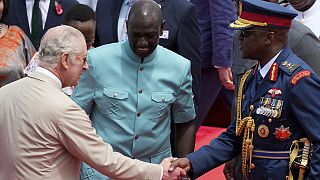

00:52
Tanzanian president in Turkey for 5-day state visit
02:24
Zimbabweans forced to use US dollar in absence of new currency ZiG
01:14
Poll shows Egypt's March inflation figures expected to edge upwards
11:11
Senegal: Diomaye Faye's economic challenges [Business Africa]
Go to video
Binance executive detained in Nigeria amid a crypto crackdown has escaped custody
11:07
The economic effects of child labor in artisanal fishing (Business Africa)